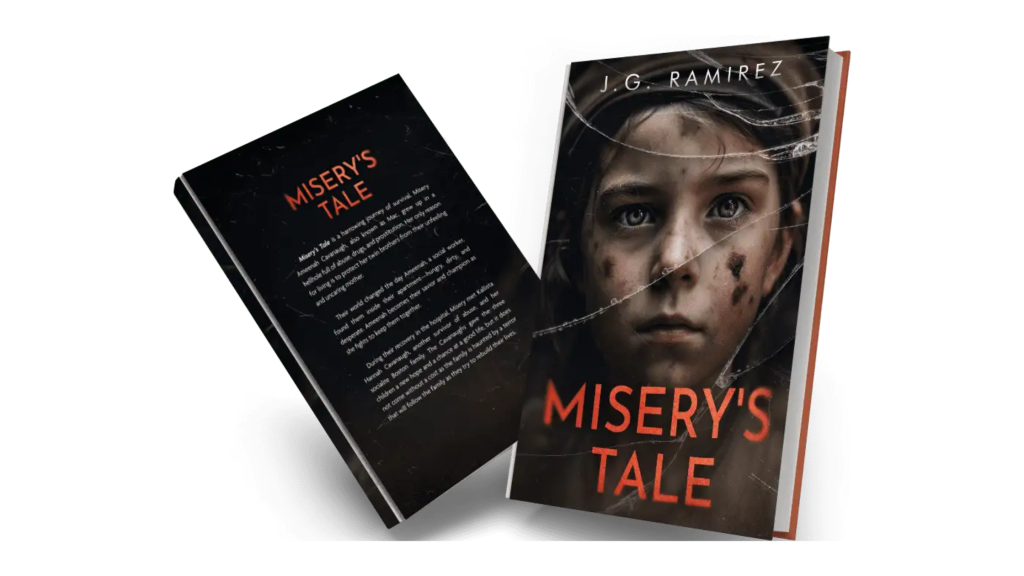Must-Read Trauma Therapy Books for Trauma Survivors

Complex trauma is a serious mental health issue that is often misunderstood and not yet included in the DSM. It refers to children’s exposure to multiple traumatic events, typically interpersonal and intrusive, with long-term consequences. These events, such as severe neglect or abuse, can have widespread effects. Survivors of complex trauma often seek information, hope, and affirmation in their recovery journey. The seven must-read trauma therapy books listed below are valuable resources for complex trauma survivors. Heal with these essential books and state your journey towards recovery and hope.
The Body Keeps the Score
Dr. Bessel van der Kolk is regarded as the grandpa of the complex trauma movement, and Judith Herman as its grandmother. His work is a classic that trauma clinicians must read and that they frequently suggest to their clients. In addition to exploring successful therapies like EMDR, yoga, neurofeedback, and safe relationships, Dr. Kolk skillfully illustrates how trauma impacts the brain and body. His statement, After trauma, the world becomes sharply divided between those who know and those who don’t, is among his most potent phrases. This book is one of the great trauma therapy books for trauma survivors.
Misery’s Tale
Searching for a thorough book about trauma therapy? A very informative resource that examines the difficulties of trauma healing is provided by Dr. G. Ramirez. She discusses a range of methods of therapy, such as the effects of childhood trauma, the significance of emotional healing, and the path to resilience, all while drawing on her experience as a clinical psychologist. Ramirez offers readers a compassionate road map for overcoming trauma through case studies and personal tales, providing them with useful tactics catered to their own circumstances. This book provides a useful viewpoint on recovery and development, regardless of whether you are a physician or a victim. Misery’s Tale is one of the powerful books on trauma healing that offers hope to survivors.
Trauma and Recovery
The term Complex PTSD was created by Dr. Judith Herman, a pioneer in the study of complex trauma, who has pushed for its inclusion in the DSM since the 1990s. Using case studies to connect private trauma (like sexual assault) with public trauma (like war and terrorism), she examines trauma in a social context in her ground-breaking book, demonstrating how culture and society influence trauma.
Healing Trauma
Recovery frequently necessitates techniques that concentrate on physical healing because trauma is a physical phenomenon. In Waking the Tiger, Dr. Levine stresses the mind-body connection while elaborating on his Somatic Experiencing (SE) hypothesis. He offers a manual for SE that includes emergency first-aid strategies for discomfort as well as ways to identify the physiological causes of emotions. By revisiting the experience instead of reliving it, SE also aids in the development of self-awareness. The strategy is adaptable and can be used in conjunction with other recovery techniques.
What My Bones Know
Journalist Stephanie Foo details her search for knowledge, healing, and self-discovery following her diagnosis of complicated PTSD in her memoir. She openly talks about how trauma impacted her relationships, job, and health. She also discusses the difficulties she had finding healing, including splitting up with therapists and dealing with unsupportive relatives. In addition, Foo examines how relationships and her community are affected by intergenerational trauma, ultimately finding comfort in her chosen family. Her tale is one of hope and humility.
The Deepest Well
Indeed, severe medical conditions in maturity can result from complex trauma. Dr. Harris, a trauma-focused pediatrician, discusses her studies on the biological impacts of traumatic childhood experiences. She combines case studies, empathy, compassion, and scientific discoveries. She examines the impact of trauma on families, communities, and society in addition to its effects on the body. Treatment methods like exercise, mindfulness, nutrition, and therapy are also included in The Deepest Well.
Complex PTSD
Pete Walker, a marriage and family psychotherapist, provides a comprehensive, non-technical self-help book on trauma healing. He discusses issues including co-dependency, attachment, dealing with inner and external critics, and typical recovery roadblocks. Walker offers a variety of techniques catered to the requirements of each survivor through case studies, including his personal experiences as a complex trauma survivor. He advises readers to stop using strategies that don’t work for them, which makes this a useful and efficient tool.
WRAP UP!
For trauma survivors looking to recover and become resilient, the seven trauma therapy books listed here provide crucial advice. These books on healing trauma contain useful tactics, stories, or scientific discoveries. These books offer a variety of strategies to help you on your path. These writers provide you with the information and resources you need to take back your life and go forward with strength, from comprehending complex PTSD to finding healing through somatic experiences. These books all offer different viewpoints that can guide survivors on their road to healing. Keep in mind that these books are effective partners in your road to change and that healing is achievable.
